
The recommended amount of fat for each child is usually 5-10 ml per meal - Photo: D.N.
Many people believe that fat is very important for children and should be added to their meals. Others believe that adding fat to baby food is inappropriate and can affect the baby's digestive system.
Fear of grease causing children to lose their appetite?
Mr. Hai Vu (Quang Tri province) said that he and his wife were quite confused when they followed the instructions of a local nutritionist to add oil to their child's porridge from the age of 6 months. Now that the child is over 1 year old, they have heard many opinions that the information is wrong.
"I don't know if I'm raising my child scientifically or not. Some experts say that the WHO's recommendation to add fat to baby food is used worldwide, including many severely malnourished children in underdeveloped countries in Africa.
Therefore, if developed and developing countries like Vietnam apply this method, it will be inappropriate and in the long run will create a burden on the digestive system and cause indigestion and loss of appetite in children," Mr. Vu worried.
Ms. Thanh Nhuong (Da Nang City) has a 6-month-old baby and worriedly said that she tried surfing Tik Tok and then searching on Facebook forums for mothers, the debate about whether or not to add oil to her baby's food has not yet ended.
"Some doctors recommend adding oil and fat in appropriate amounts from the time a child starts eating solid foods. Other doctors and weaning experts say that this is a mistake because meat, fish, milk, etc. already contain enough fat that a child needs. The more I research, the more confused I become, and raising a child becomes more stressful," Ms. Nhuong shared.
Many parents with young children share the same concerns about these two opposing opinions. The more they learn through social media, the more confused they become.
Vietnamese children need fat supplements
According to MSc. Hoang Thi Ai Nhi, deputy head of the Department of Nutrition and Dietetics at the Da Nang Obstetrics and Pediatrics Hospital, there are two perspectives from theory to practice on this issue. In general theory, fat plays a very important role in children's health.
Fat participates in the structure of the body, most importantly the development of the brain in children. Fat provides energy for the body, 1g of fat provides 9 kcal while 1g of carbohydrate and 1g of protein only provide 4 kcal.
Fat is a solvent for vitamins A, D, E, K, of which vitamin D is very important in calcium absorption. Therefore, if children receive low amounts of fat, it will lead to conditions such as slow weight gain, slow height growth, rickets, difficulty sleeping or immune deficiency. Therefore, the daily nutritional regimen requires supplementing enough fat according to the child's needs.
The younger the child, the higher the fat requirement. In infants, fat accounts for an average of 50% of total energy requirements, children under 2 years old need about 30-40% and children over 2 years old need an average of 30-35%. In adults, the fat requirement is lower than in children at about 20-25% and it is necessary to limit saturated fats that cause cardiovascular and blood pressure diseases.
Doctor Ai Nhi said that children's fat is found in oil, grease, margarine, meat, fish, nuts... Food and preparation methods will vary in many regions and countries around the world.
In the West, besides oil, fat sources in food are often taken from butter, cream or cheese, but these ingredients are rarely used in Vietnamese cuisine with fried, stir-fried, steamed and boiled dishes being the main ones. Therefore, if the dish contains ingredients with a total amount of fat sufficient for children according to their age, the view that there is no need to add oil can be explained.
However, with the menu that Vietnamese children often eat every day, the fat content is not enough for their needs, so adding oil is a solution to ensure adequate fat sources for children.
Most children have a diet low in fat.
Doctor Ai Nhi informed that in fact at the Da Nang Maternity and Pediatrics Hospital, when examining children, most of them have a poor diet, rarely eat foods high in fat, most of them will have slow growth, rickets with related symptoms such as restlessness, difficulty sleeping, crying at night...
"Many parents only add fat in the first months of weaning or add it in very small amounts. In older children, when they sit at the table to eat with their family, the amount of fat is often influenced by the family's eating habits. If the family uses little fat and mainly steamed and boiled dishes, children tend to have slow absorption and slow weight and height gain," said Dr. Ai Nhi.
Hospitals advise parents to supplement their children with additional fat sources, which is something that has been done and is being done. Many children recover their nutrition after adjusting the amount of fat in their diet.
Doctors say the recommended amount of fat for each child is usually 5-10ml per meal, including vegetable oil and animal fat, and should be maintained until the child grows up. Excessive fat abuse can lead to overweight, obesity and cardiovascular complications in both children and adults.
Meals with all food groups
According to Dr. Ai Nhi, in addition to fat, it is necessary to ensure that each meal has enough of the 4 main food groups including carbohydrates, protein, fat and vegetables to provide enough vitamins, minerals and fiber to help children grow and develop optimally.
MSc Huynh Ngoc Khoi Cat (Deputy Head of Pediatrics Department, Da Nang Family General Hospital):
Don't let your child's meals lack fat.
Adding fat to the diet of children, especially children under 2 years old, is very necessary. If there is a lack of fat, there will be no environment to neutralize and accumulate fat-soluble vitamins (vitamins A, D, E, K), leading to vitamin deficiency. Children with a lack of fat will gain weight slowly.
Lack of fat will cause a lack of essential fatty acids that the body cannot synthesize itself, must be supplemented from the diet. Besides, children in the first years of life are in the period of brain development, fat is very necessary for brain development, if there is a lack of fat, the brain cannot develop completely.
Source
















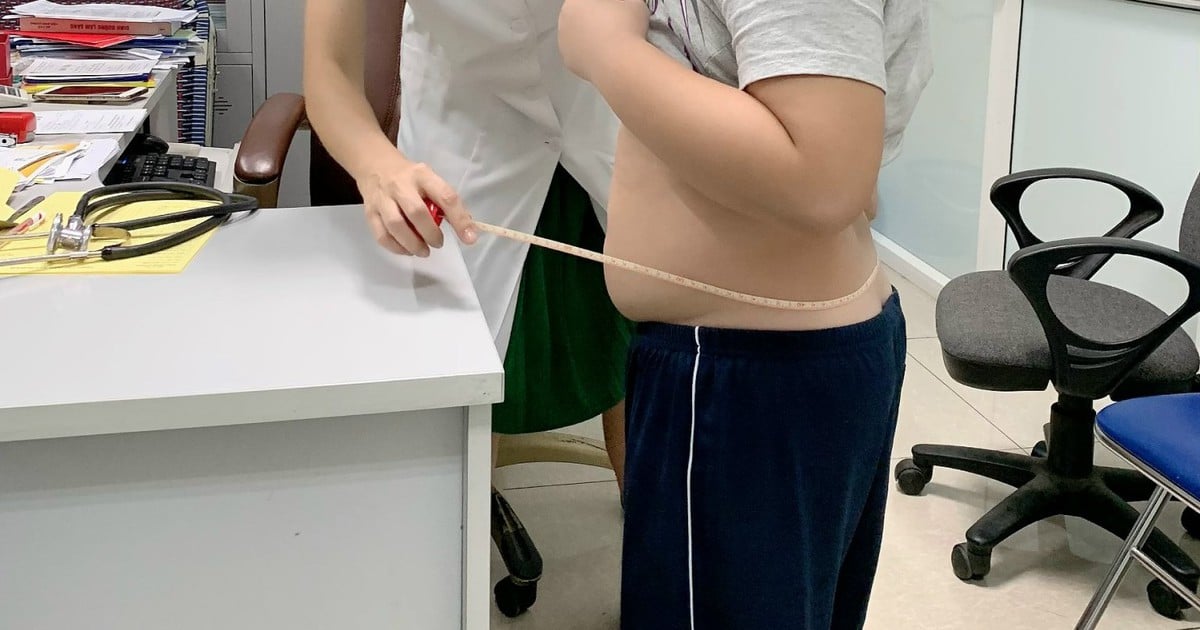

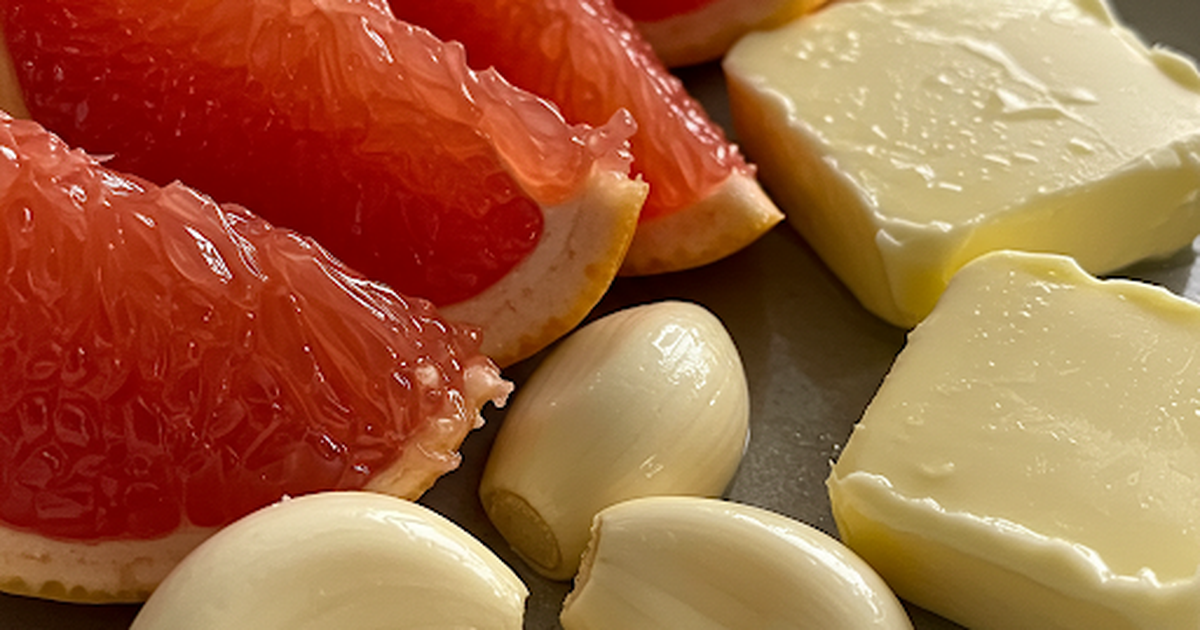










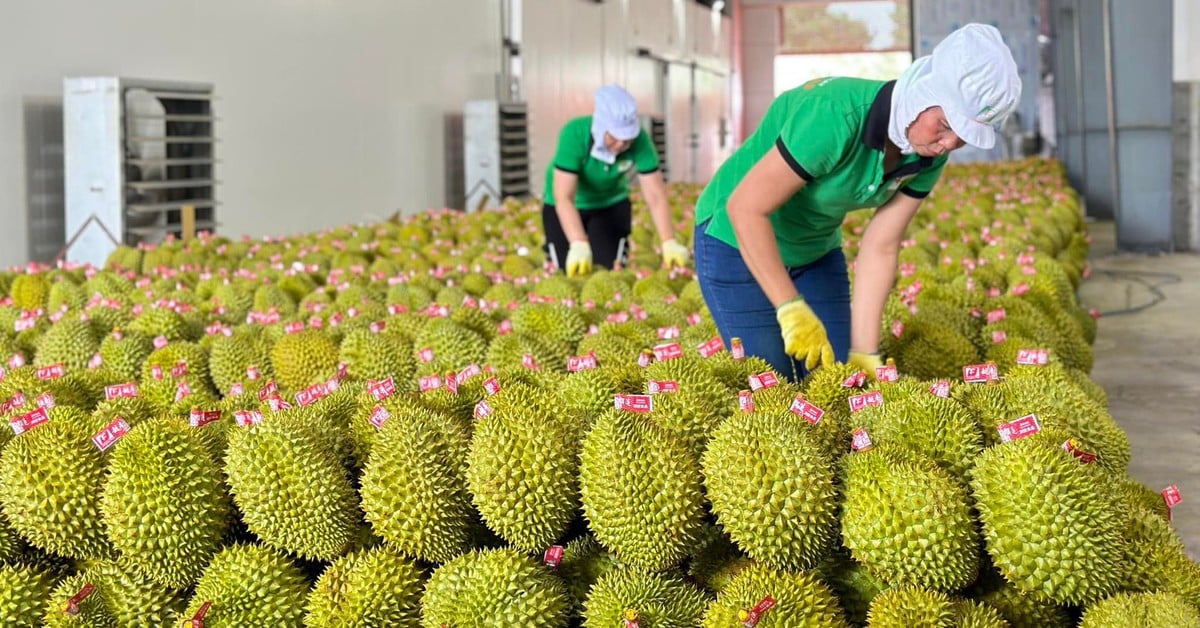






















































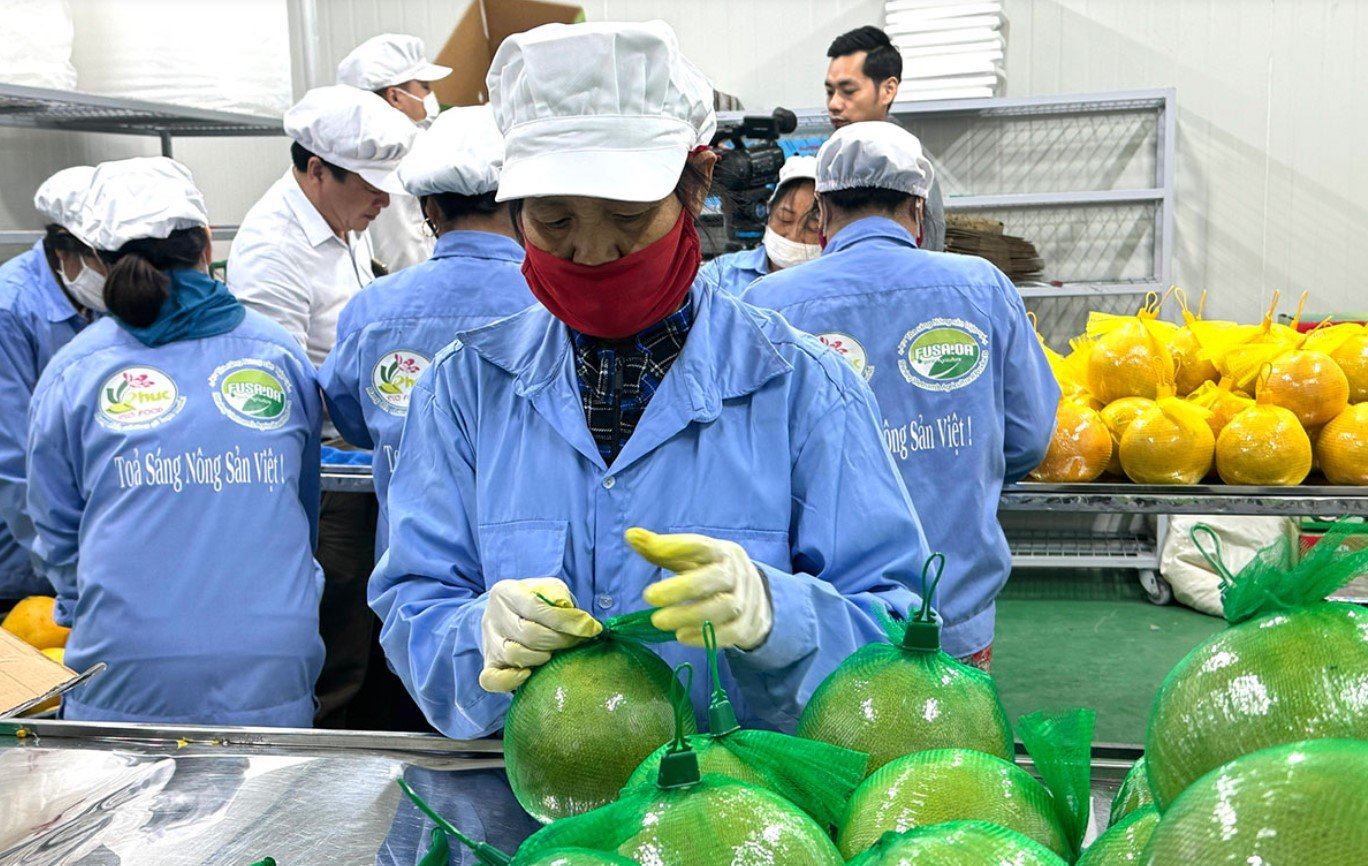





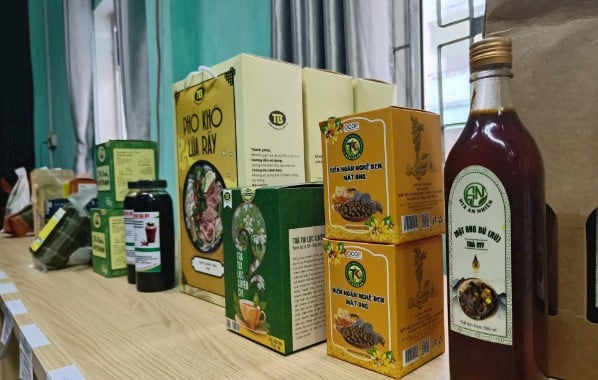

Comment (0)